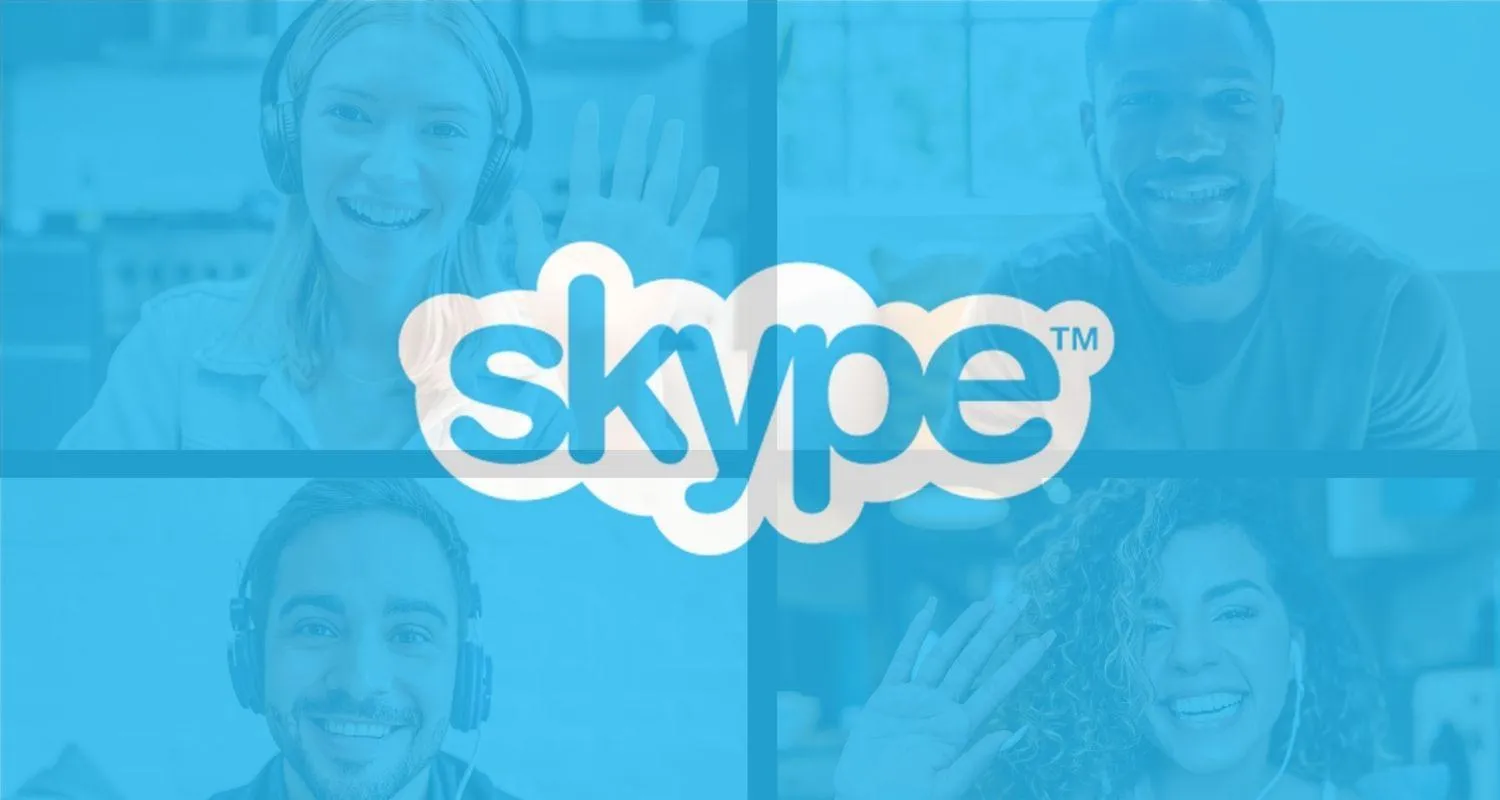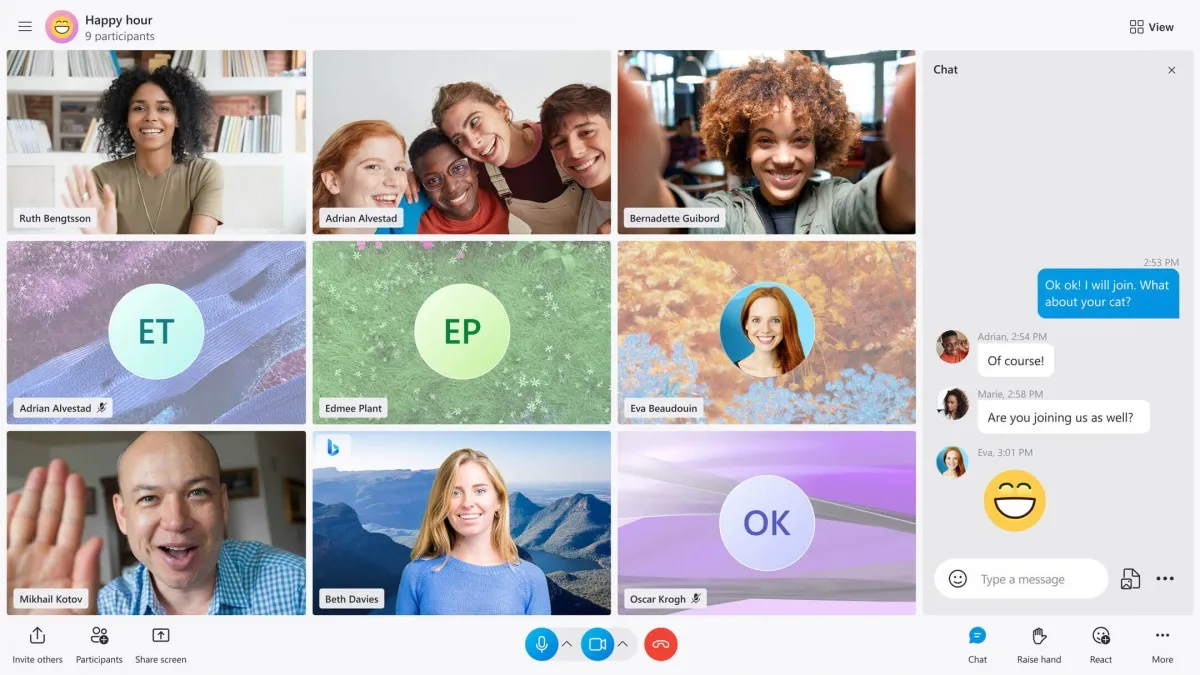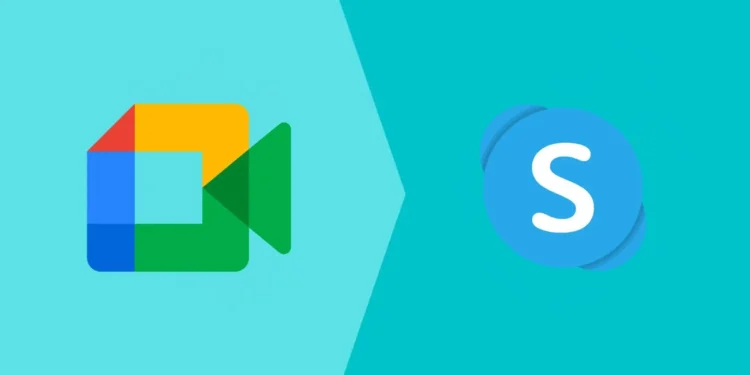On Monday, May 5, 2025, Skype, the once-dominant force in video communication, will shut down for good. After more than two decades of connecting loved ones, colleagues, and friends across continents, the platform that revolutionized internet calls will be retired by Microsoft. For millions who fondly remember the iconic ringtone and the excitement of seeing a loved one’s pixelated face, Skype’s exit is the end of an era.

Microsoft’s Strategic Pivot: The Rise of Microsoft Teams
Skype’s retirement marks more than just the closure of an iconic platform; it’s a calculated shift in Microsoft’s communication strategy. After acquiring Skype for $8.5 billion in 2011, Microsoft has decided to focus on Microsoft Teams, its all-in-one collaboration hub that’s seen explosive growth since the pandemic. Teams goes far beyond Skype’s original purpose, offering features like persistent chat, advanced meetings, file sharing, and seamless integration with Microsoft 365’s ecosystem.
But the switch to Teams isn’t solely about new tech. Skype’s architecture, designed for the desktop era, simply couldn’t keep up with the demands of today’s mobile-first, cloud-native world. As user expectations changed, Skype struggled to remain relevant while competing platforms—Zoom, Slack, Google Meet, and FaceTime—took a bigger slice of the pie. In the end, Microsoft had little choice but to funnel its resources into a more future-proof platform that could evolve with the times.
Users React: Nostalgia, Frustration, and Reluctant Acceptance
For many long-time users, Skype’s departure feels like the end of an era. Across social media and tech forums, there’s a wave of nostalgia and frustration. “Skype has served as a reliable platform for millions globally… Its familiarity and dependability have made it a preferred choice for maintaining connections with loved ones and facilitating business meetings,” one user shared on Reddit, expressing the deep emotional connection people had with the platform.

Yet, some users are concerned about the disruption this change will cause. “Many individuals, particularly those who are less tech-savvy or use older devices, might struggle to adapt to new platforms. This transition could disrupt personal and professional relationships that have flourished on Skype,” another Reddit user warned. The unique features that Skype provided, such as affordable international calls and integrated chat and file sharing, made it an invaluable tool for both families and global teams.
Microsoft has, however, provided some assistance in the transition. Users can export their chat history and contacts, and Microsoft Teams now allows sign-ins with Skype credentials. While these steps aim to ease the shift, it’s clear that Skype’s exit holds emotional weight for those who have relied on the platform for years.
The Digital Graveyard: Five Other Retired Web Applications
Skype is not alone in its journey to retirement. Many beloved platforms have already met their end, replaced by newer, more integrated solutions. Here are five notable applications that have been retired in recent years:
- MSN Messenger/Windows Live Messenger (Microsoft): Once the king of instant messaging, this platform was replaced by Skype in 2012.
- Google Jamboard (Google): Google’s collaborative whiteboard tool was discontinued in 2024 as the company shifted focus to more versatile tools.
- Internet Explorer (Microsoft): The browser that once dominated the web was officially retired in 2022, paving the way for Microsoft Edge.
- Amazon Appstore for Android (Amazon): Slated to shut down in 2025, leaving Fire devices as Amazon’s primary mobile app platform.
- iTunes (Apple): Apple’s digital media empire was dismantled in 2019, replaced by individual apps like Music, TV, and Podcasts in the streaming era.
Zoom’s Unlikely Reign: The New King of Video Calls
As Skype bows out, there’s one platform that has truly taken its place: Zoom. What started as a simple video call service exploded during the pandemic and has become the dominant force in video conferencing. With 300 million daily active users, Zoom has surpassed Skype in terms of both ease of use and ubiquity. It’s become synonymous with remote work and digital meetings, earning its place as the go-to app for everything from board meetings to family reunions.

While Microsoft Teams and Google Meet are formidable contenders, Zoom’s simplicity and reliability have made it the default choice for both businesses and individuals alike. As Skype fades into memory, Zoom continues to lead the charge in video communication, helping the world stay connected in ways Skype once did.
Raising a Glass to Skype and Zoom
So as we say goodbye to Skype, let’s take a moment to acknowledge its groundbreaking role in digital communication. It’s the platform that made “Let’s Skype” a household phrase and brought people together in ways that were once unimaginable. But the future has arrived, and it’s clear that Zoom, Microsoft Teams, and other competitors are now the dominant forces in the digital space.










